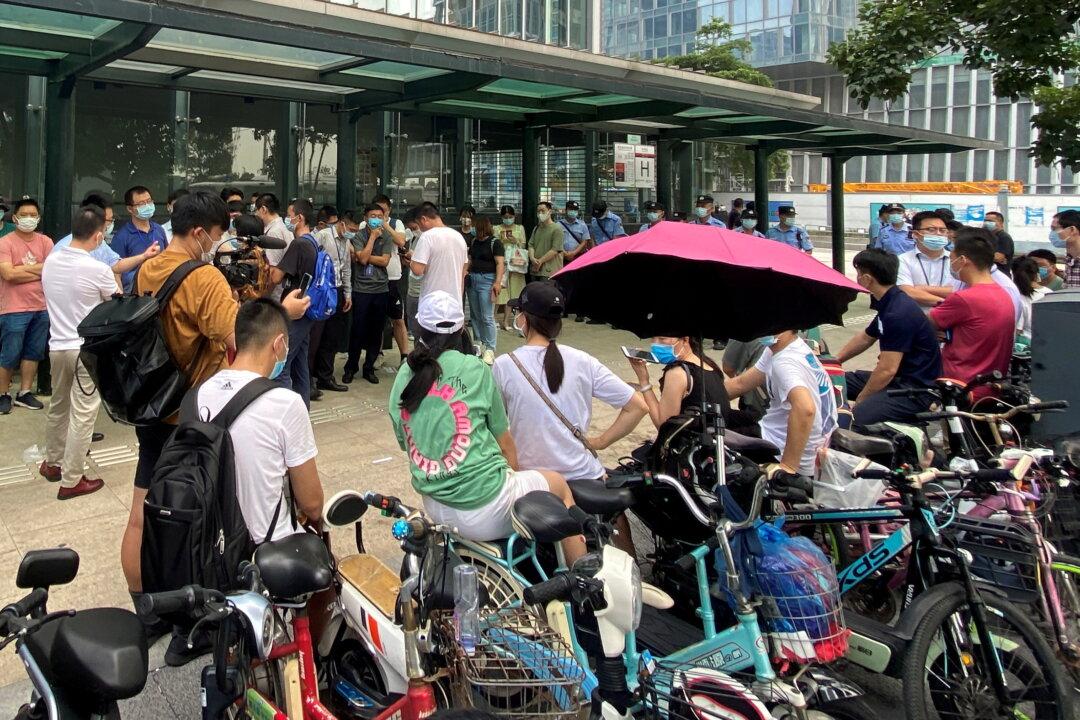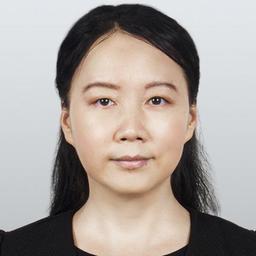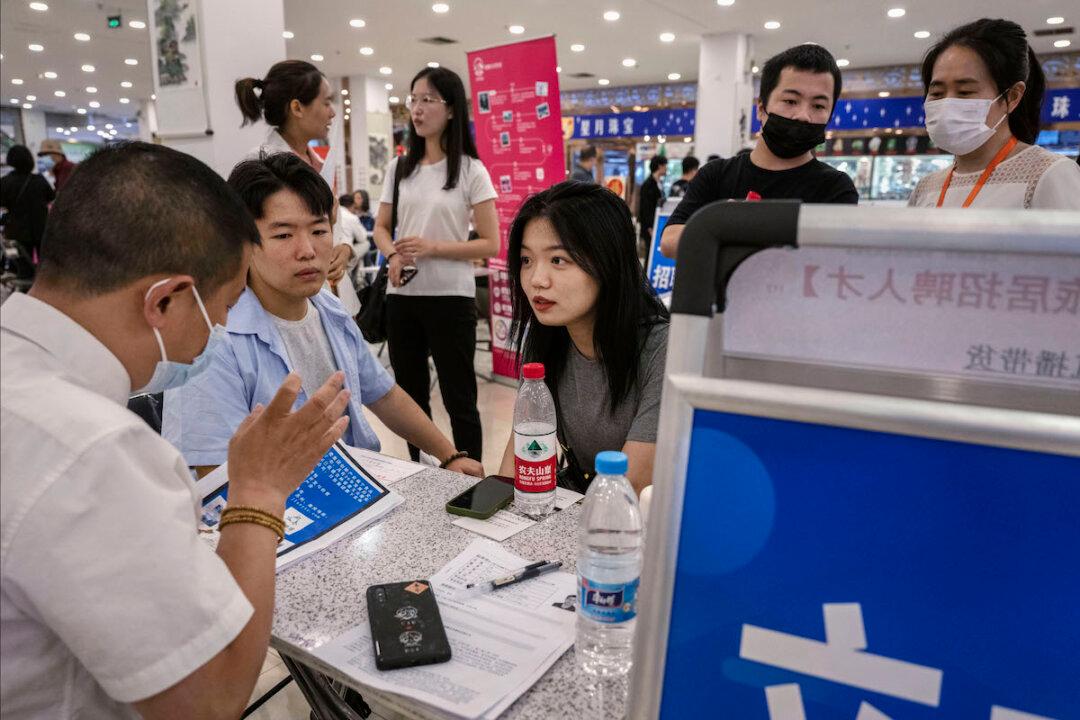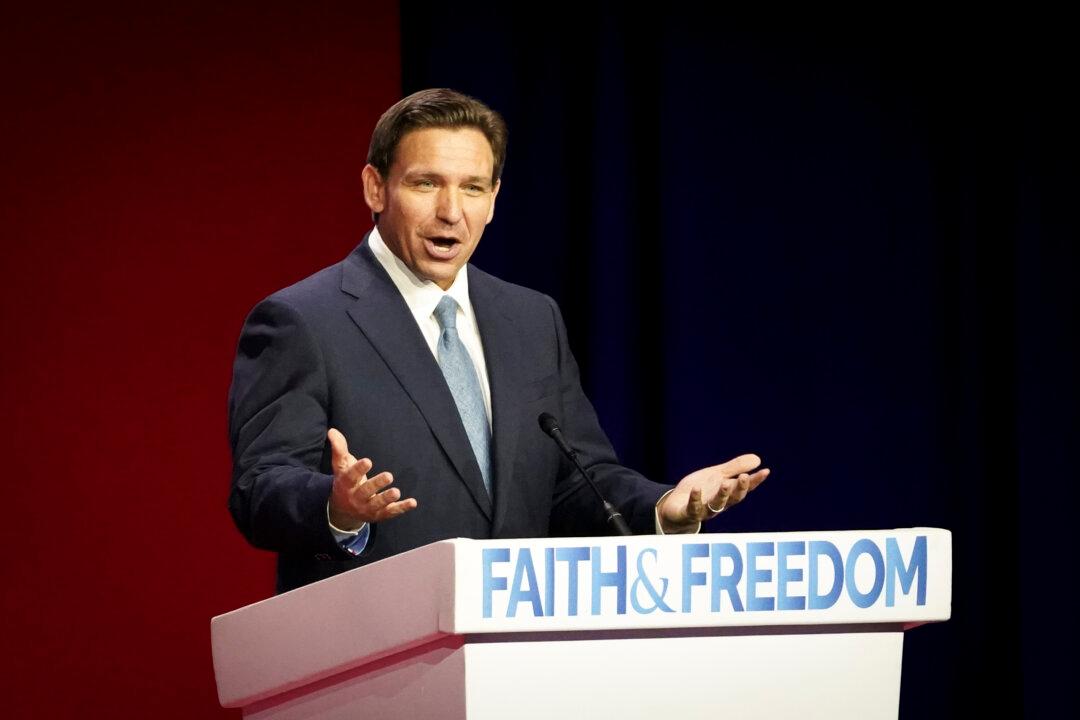Shortly after a black swan mysteriously appeared in the center of Beijing’s Tiananmen Square on Sept. 5, China encountered a huge “black swan” event: property giant Evergrande warned that it could default on its $305 billion of debts.
Since Sept. 10, dozens of protestors have been gathering outside Evergrande’s headquarters in Shenzhen, Guangdong Province, to demand their money back. Protests have also erupted at Evergrande’s offices in other provinces, including Sichuan, Anhui, Jiangsu, and Jiangxi. The majority of these protestors are investors who have put their money into Evergrande’s various wealth management products.





